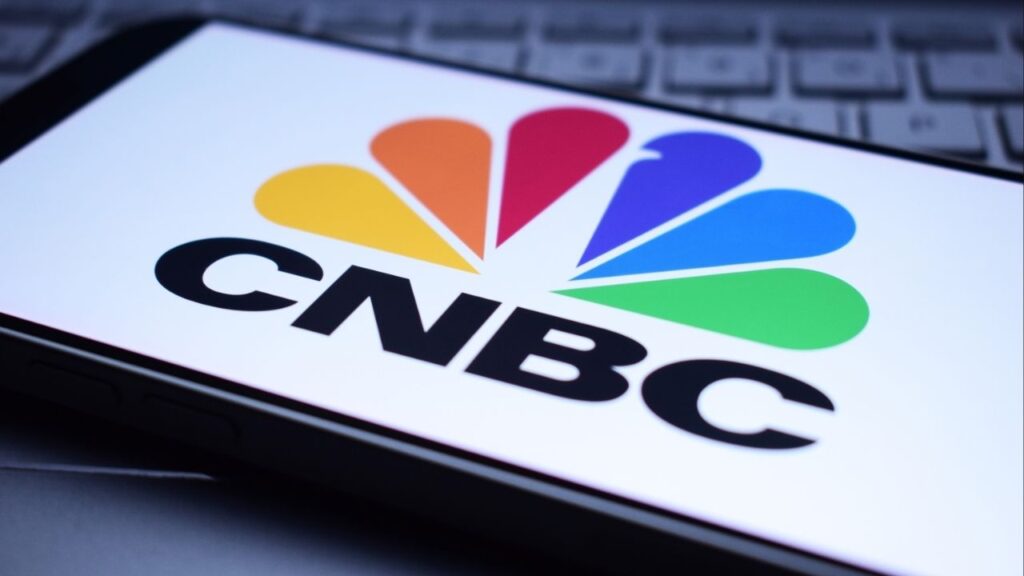The skyline of Salt Lake City, with the Salt Lake Temple of the Church of Jesus Christ of Latter-Day Saints at lower left, during the Winter Olympics on Feb. 21, 2002. Salt Lake City, where a brazen bribery scandal before the 2002 Winter Olympics helped change the way host cities are chosen, was given a second chance on Wednesday, July 24, 2024, when it was named the site of the 2034 Olympic and Paralympic Winter Games. (Vincent Laforet/The New York Times)

- The IOC awarded the 2034 Winter Games to Salt Lake City after Utah agreed to shield sports authorities from U.S. doping investigations involving Chinese athletes.
- Salt Lake City organizers agreed to IOC demands to prevent U.S. scrutiny of Chinese doping cases, securing the 2034 Winter Olympics.
- Salt Lake City’s bid victory for the 2034 Winter Games is overshadowed by disputes over Chinese doping and U.S. efforts to hold the World Anti-Doping Agency accountable.
Share
|
Getting your Trinity Audio player ready...
|
PARIS — The International Olympic Committee awarded the 2034 Winter Games to Salt Lake City on Wednesday only after a last-minute demand that the agreement shield global sports authorities from U.S. investigations into doping by Chinese athletes.
Utah Agrees to IOC Changes
Organizers of Salt Lake City’s bid and Gov. Spencer J. Cox of Utah agreed to the changes sought by the IOC. The unexpected twist came amid an escalating dispute between the global anti-doping agency and its American counterpart, and at a time when the Justice Department and Congress are looking into why Chinese swimmers who tested positive for performance-enhancing drugs three years ago were not subject to penalties from the World Anti-Doping Agency.
Related Story: LeBron James Selected as Team USA Male Flagbearer for Paris Olympics Opening ...
Cox told IOC members before Wednesday’s vote awarding the 2034 Olympic and Paralympic Winter Games to Salt Lake City that he would “work with the levers of power,” including in Congress, to “alleviate your concerns.”
The announcement brought fully into the open a festering clash within the sports world over reports of Chinese doping, the adequacy of the response and aggressive efforts by the United States to combat it.
Critics of the IOC and the anti-doping agency, known as WADA, said they saw the developments as a blatant effort to cover up both a pattern of suspicious activity in the Chinese swimming program and the unwillingness of WADA to confront it.
“It is shocking to see the IOC itself stooping to threats in an apparent effort to silence those seeking answers to what are now known as facts,” said Travis Tygart, the chief executive of the U.S. Anti-Doping Agency, which has been in an increasingly open battle with WADA over policing the use of banned substances.
“It seems more apparent than ever that WADA violated the rules and needs accountability and reform to truly be the global watchdog that clean athletes need,” Tygart said in a statement.
Related Story: Diana Taurasi Set for Paris Olympics, Trying to Become First Basketball Player ...
Chinese Swimmers Test Positive for Banned Substances
The New York Times revealed in April that 23 elite Chinese swimmers tested positive for the same powerful banned substance seven months before the Tokyo Olympic Games in 2021. The Times found that the swimmers were allowed to escape public scrutiny and continue to compete after top Chinese officials secretly cleared them of doping and that WADA chose not to intervene despite evidence that appeared to undercut the Chinese argument that the swimmers were blameless.
The Times subsequently reported that three of those 23 swimmers had tested positive several years earlier for a different performance-enhancing drug and had escaped being publicly identified and suspended in that case as well.
The FBI and Justice Department have opened a criminal investigation into how the Chinese positive tests were handled, and agents working on that investigation tried to question a top swimming official when he was in the United States last month for the U.S. Olympic trials, triggering alarms in global sports circles about the potential legal risks from the inquiries.
Related Story: Durant Returns to Practice With US Basketball Team, 1 Week Before Paris
In response, WADA officials have moved a meeting scheduled to be held in the United States later this year to Canada, ensuring that its officials cannot be questioned by the American authorities. Along with the criminal investigation, Congress — which contributes a major portion of WADA’s budget — has at least two committees investigating the Chinese positives and has threatened to withhold financing if it does not receive answers to its questions.
WADA’s president, Witold Banka, declined an invitation to a congressional hearing in June that sought to find answers to how the Chinese swimmers were able to bypass regular anti-doping rules. The subcommittee holding the hearing made a point of leaving his seat empty.
Olympic Committee Officials Outraged by US Authorities
In finalizing the award of the 2034 Games to Salt Lake City on Wednesday, days before the opening of the Paris Games, several Olympic committee officials, while praising Salt Lake City’s bid, expressed anger at the investigations by the U.S. authorities.
John Coates, the IOC’s top legal official, said that the organization had altered the signed hosting agreement to grant it the right to “terminate Olympic host city contracts in cases where the supreme authority of the World Anti-Doping Agency in the fight against doping is not fully respected or if the application of the world anti-doping code is hindered or undermined.”
Salt Lake City officials confirmed that they had agreed to the changes and signed a revised agreement.
Related Story: LeBron James Selected as Team USA Male Flagbearer for Paris Olympics Opening ...
Gene Sykes, chair of the board of the U.S. Olympic and Paralympic Committee, said the change in the Salt Lake City bid contract was not meant to undermine the ongoing federal investigations into the Chinese swimming case, the U.S. Anti-Doping Agency or an American doping law that can subject conspirators to criminal penalties at international sports competitions that involve athletes from the United States.
“I think everyone is committed to making WADA as strong as possible, no one more so than the USOPC,” Sykes said in an interview Wednesday. “We believe that all of what’s happened over the past several months is a constructive step toward making WADA stronger.”
The clash over policing doping largely overshadowed the celebration of the winning bid for the 2034 Games by Salt Lake City, where a brazen bribery scandal before the 2002 Winter Olympics helped change the way host cities are chosen.
–
This article originally appeared in The New York Times.
By Jeré Longman, Tariq Panja and Michael S. Schmidt/Vincent Laforet
c.2024 The New York Times Company
RELATED TOPICS:
Categories

Fresno County Authorities Seek Help Locating Missing Woman


















